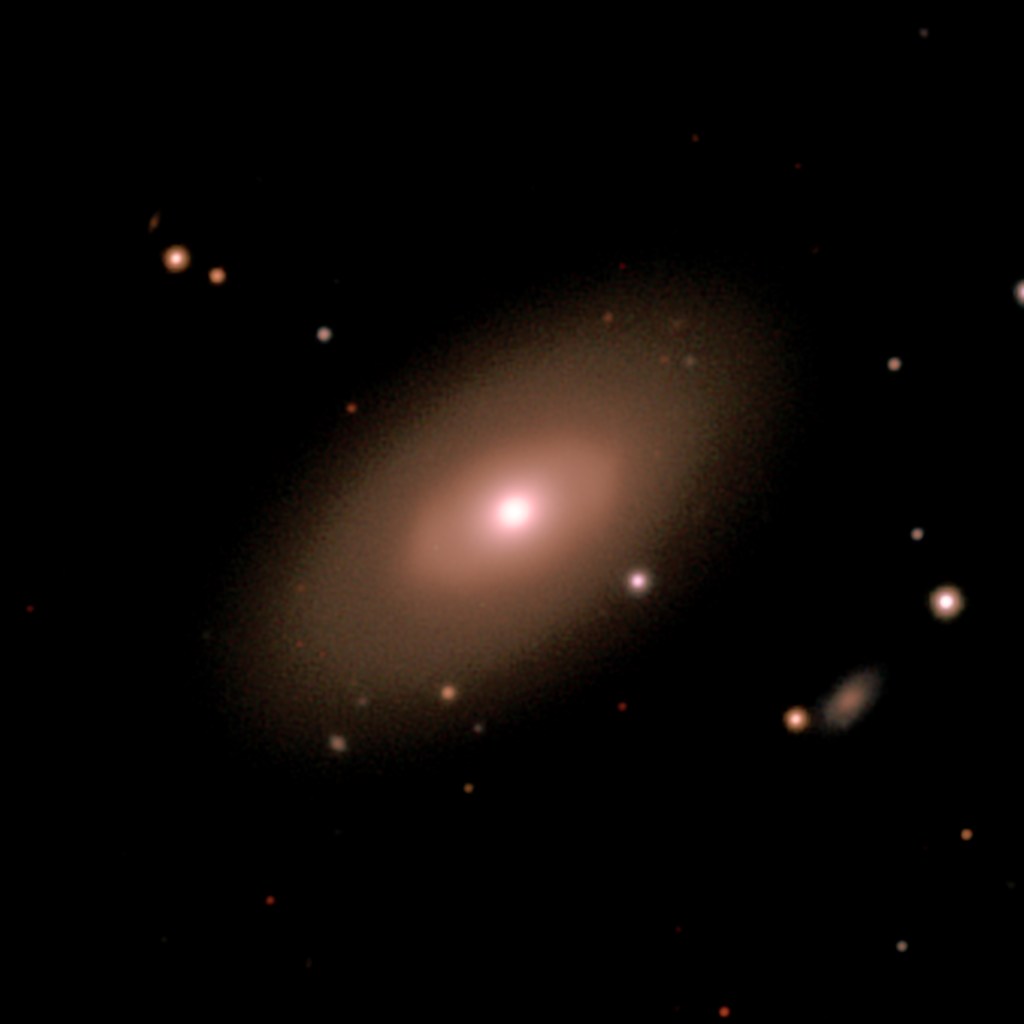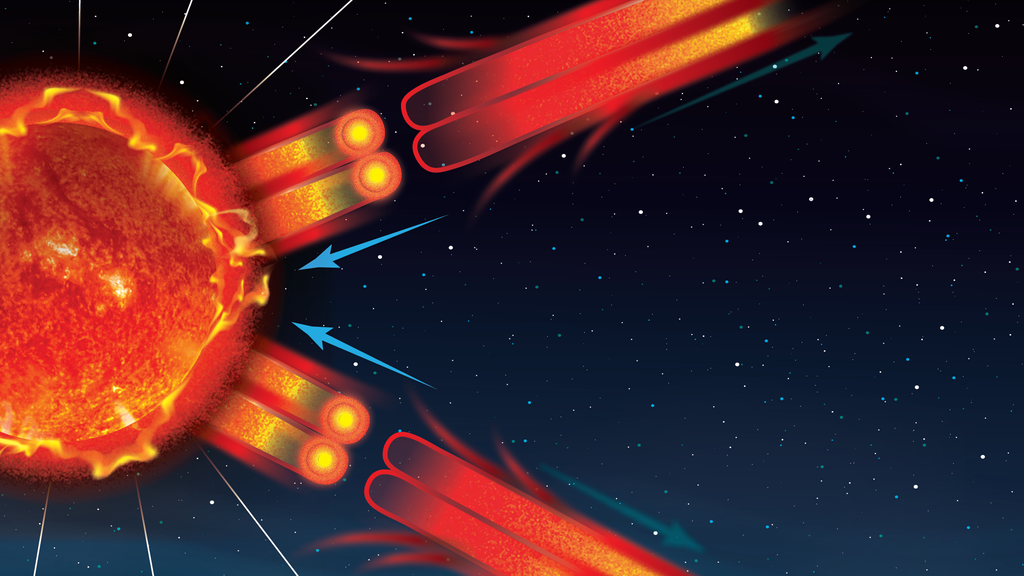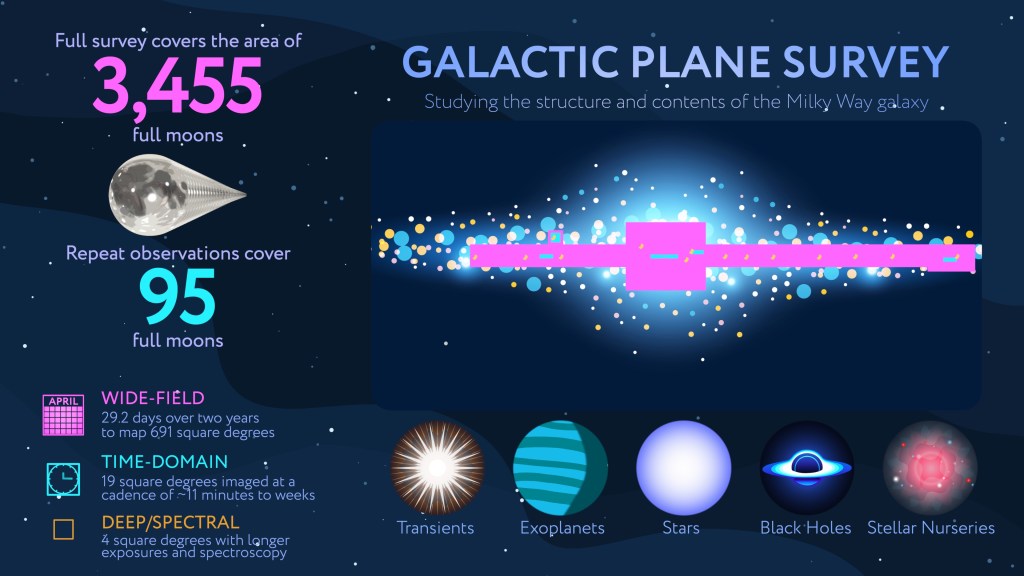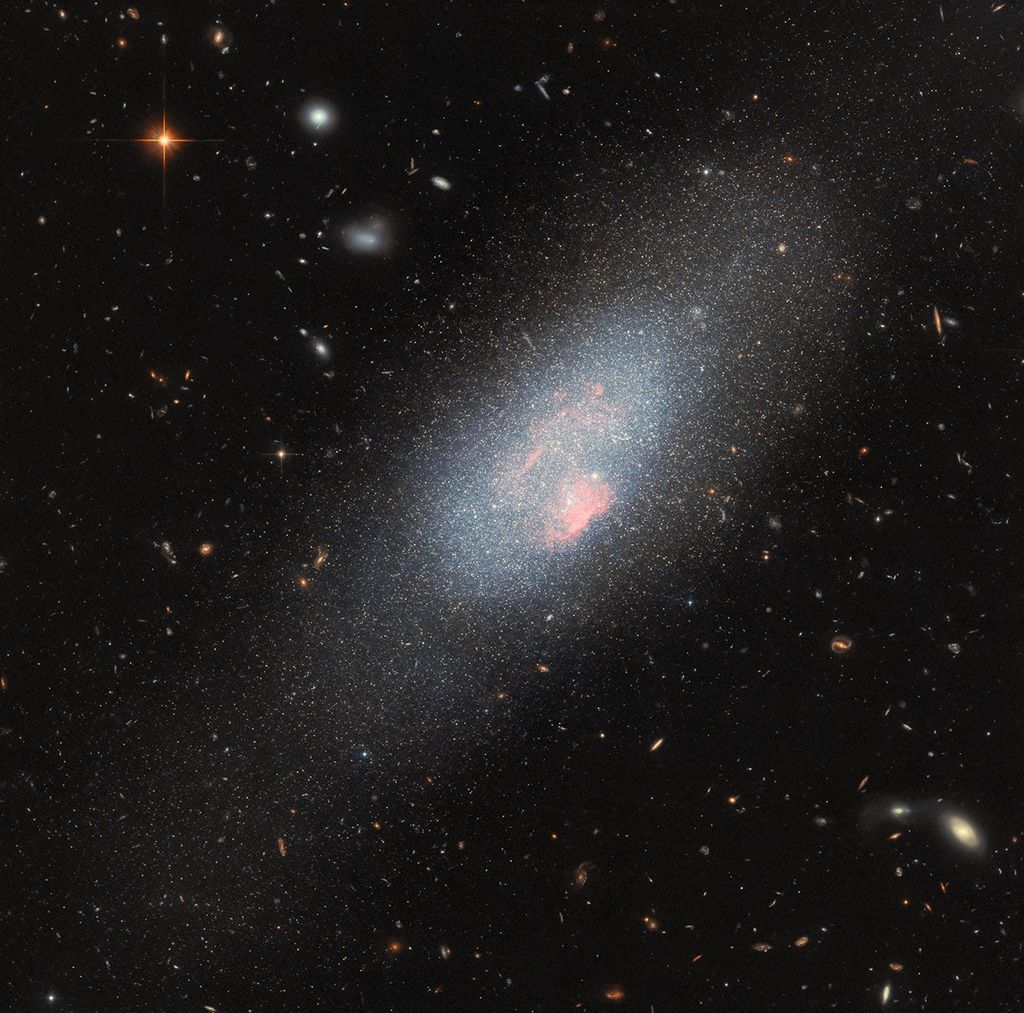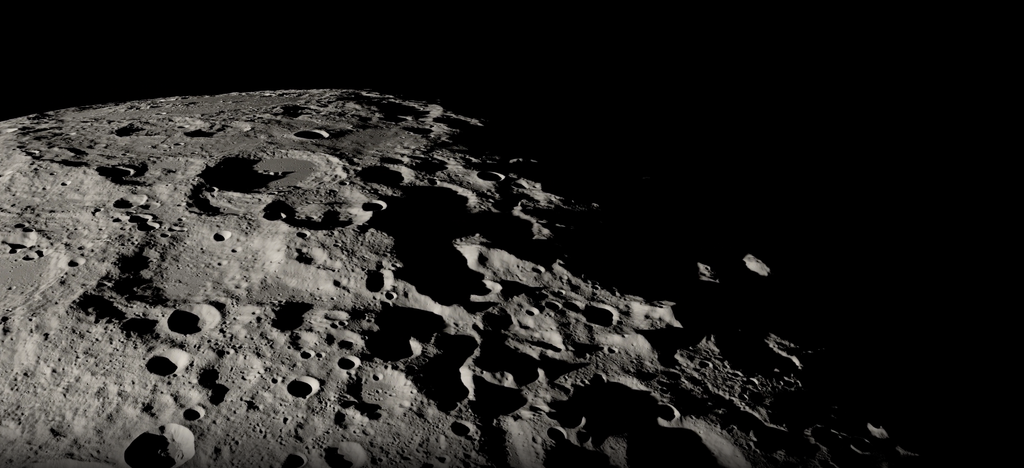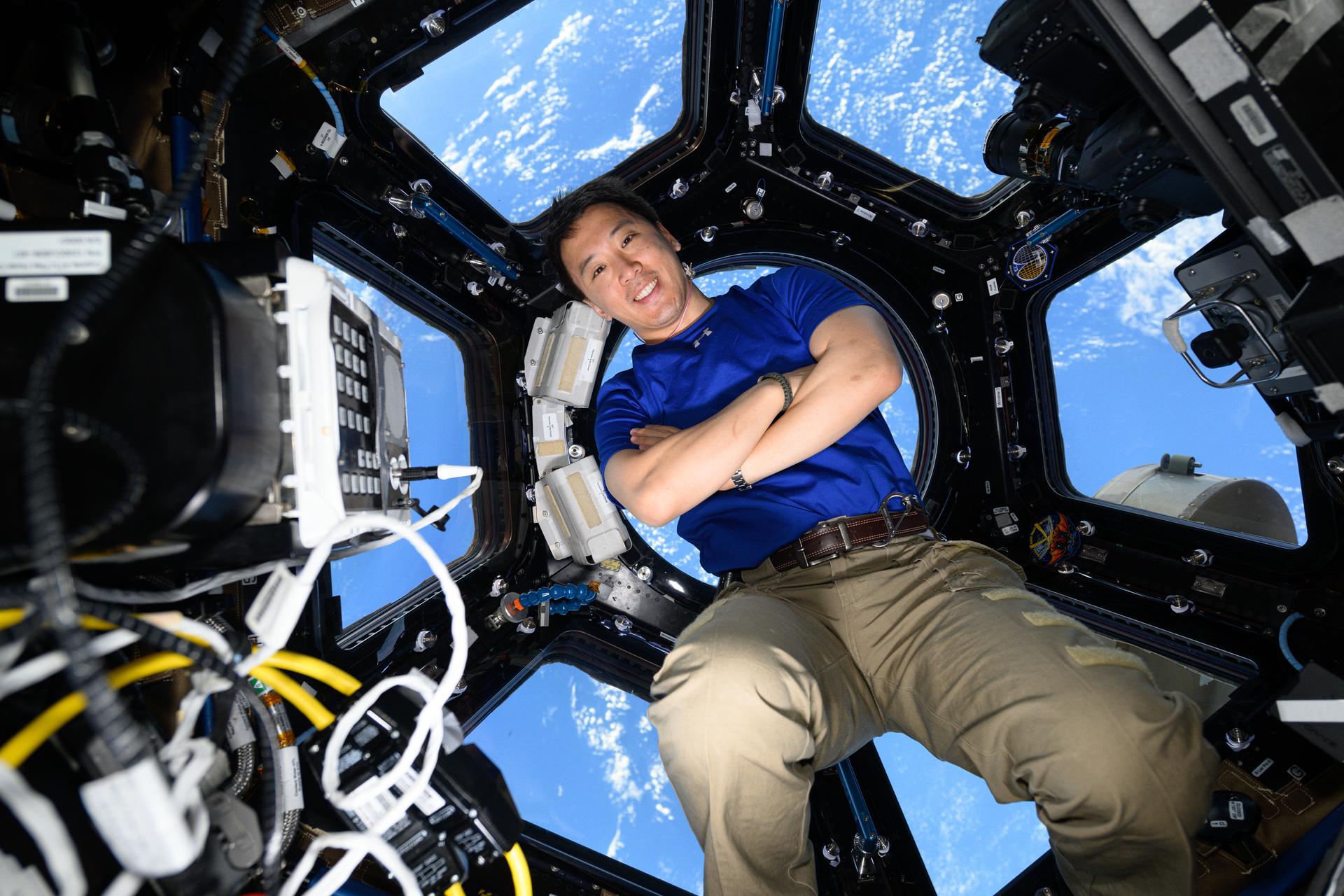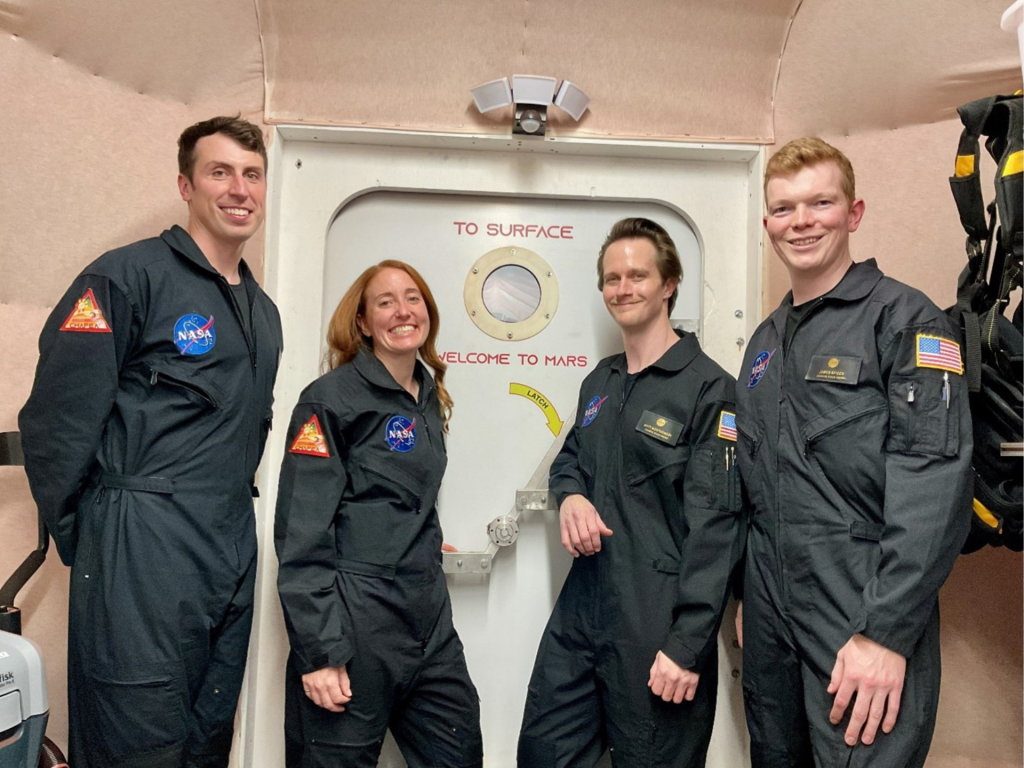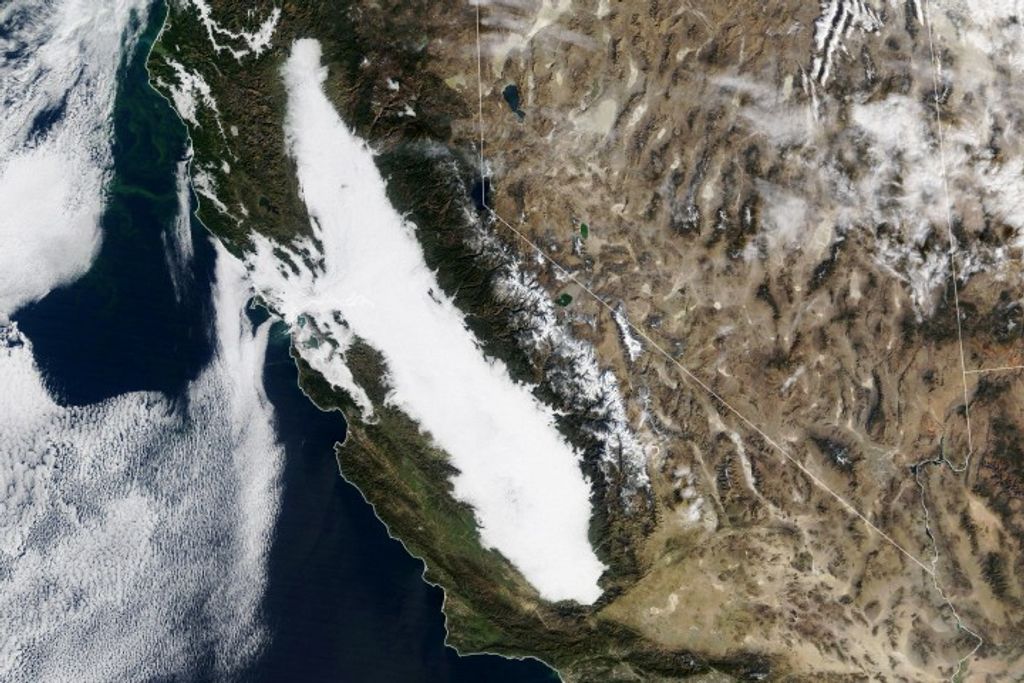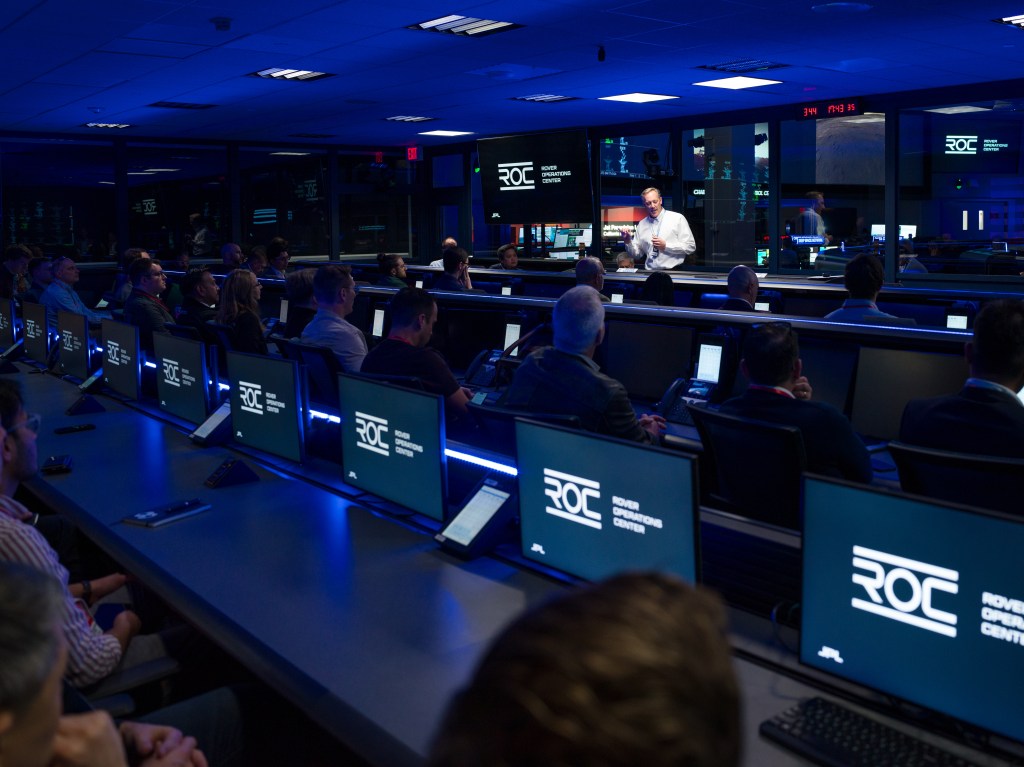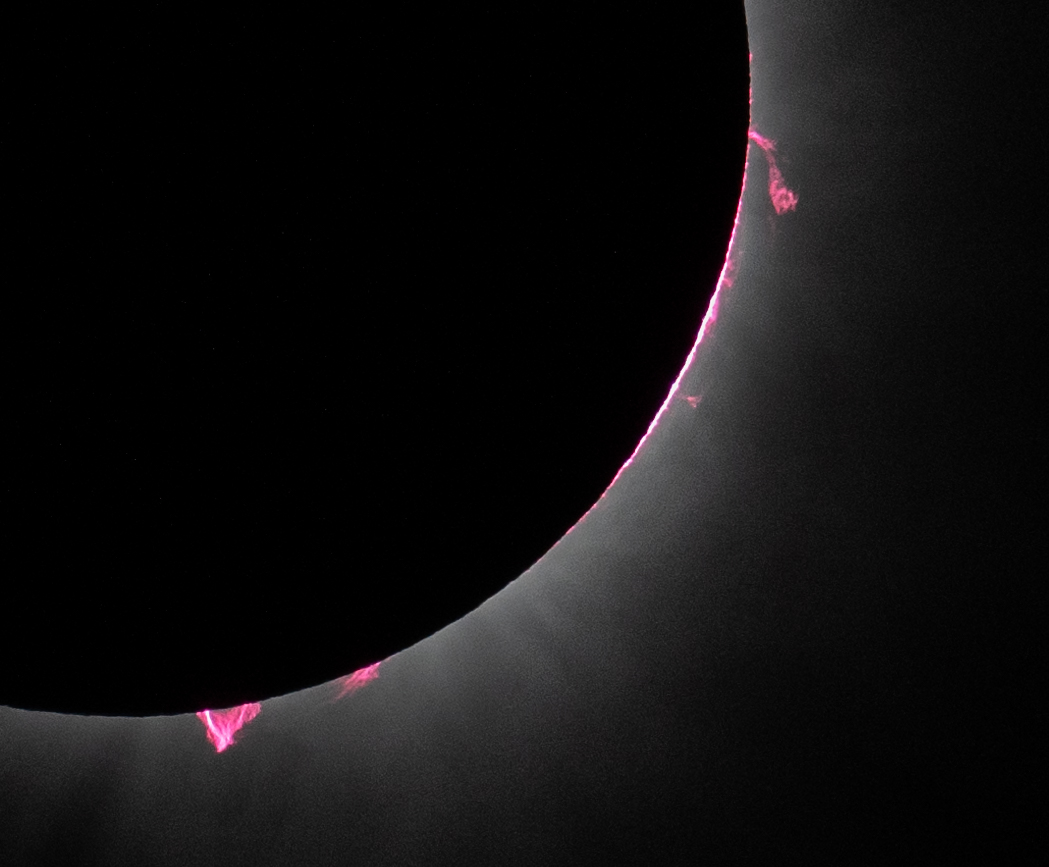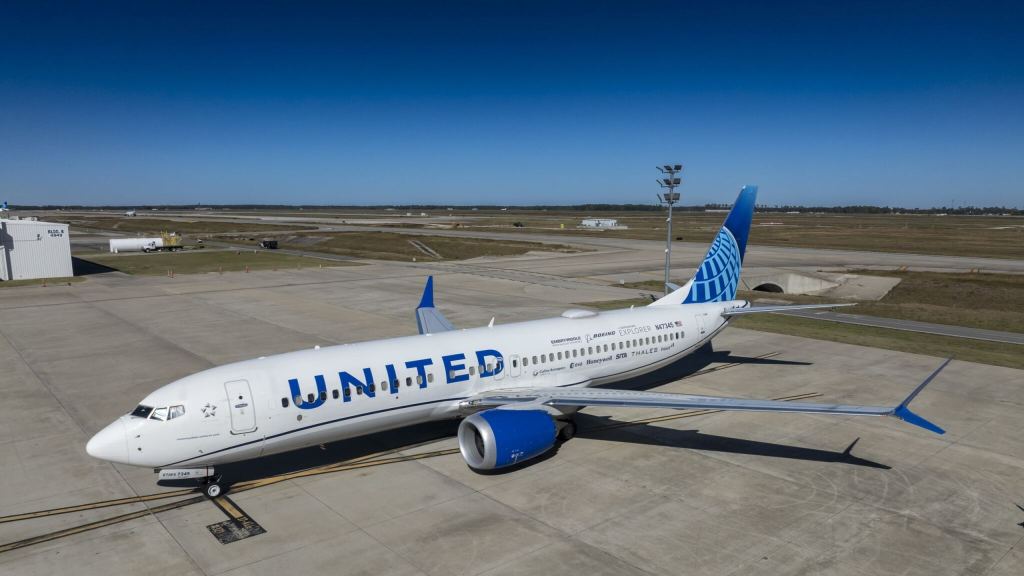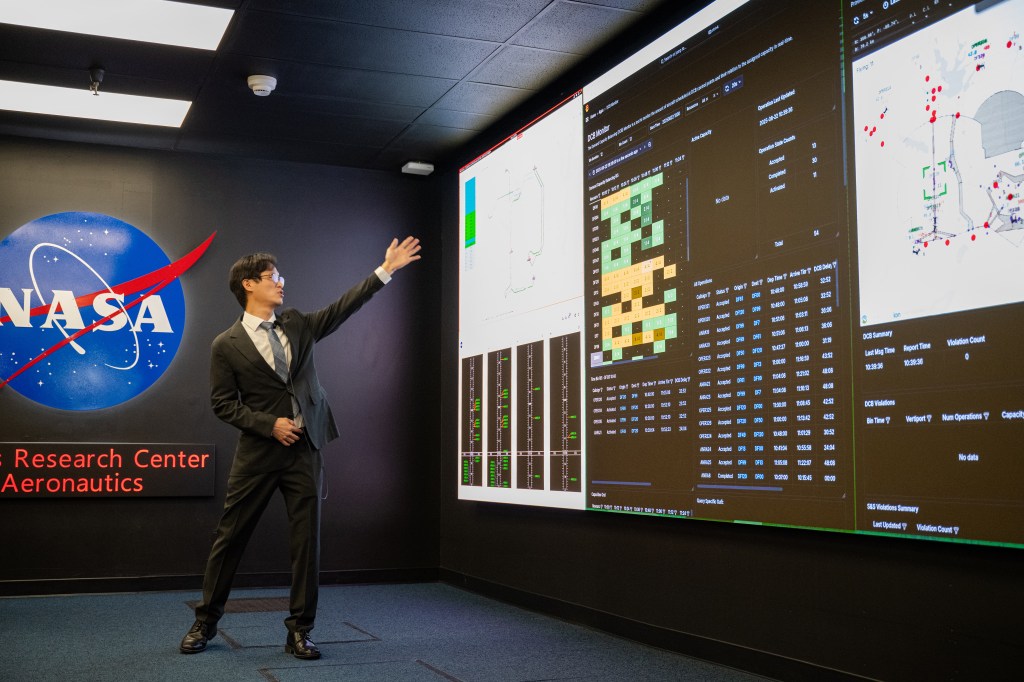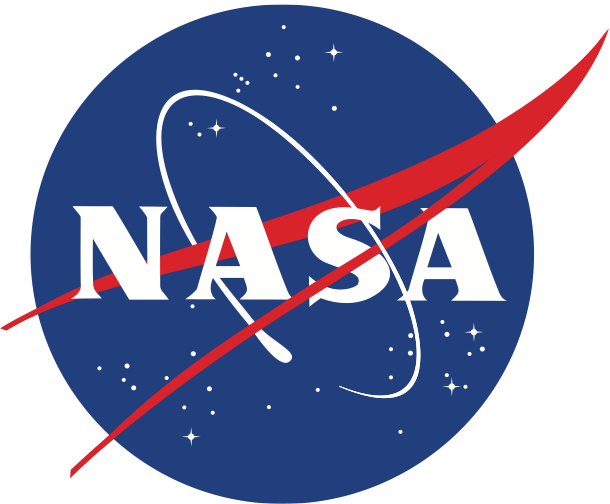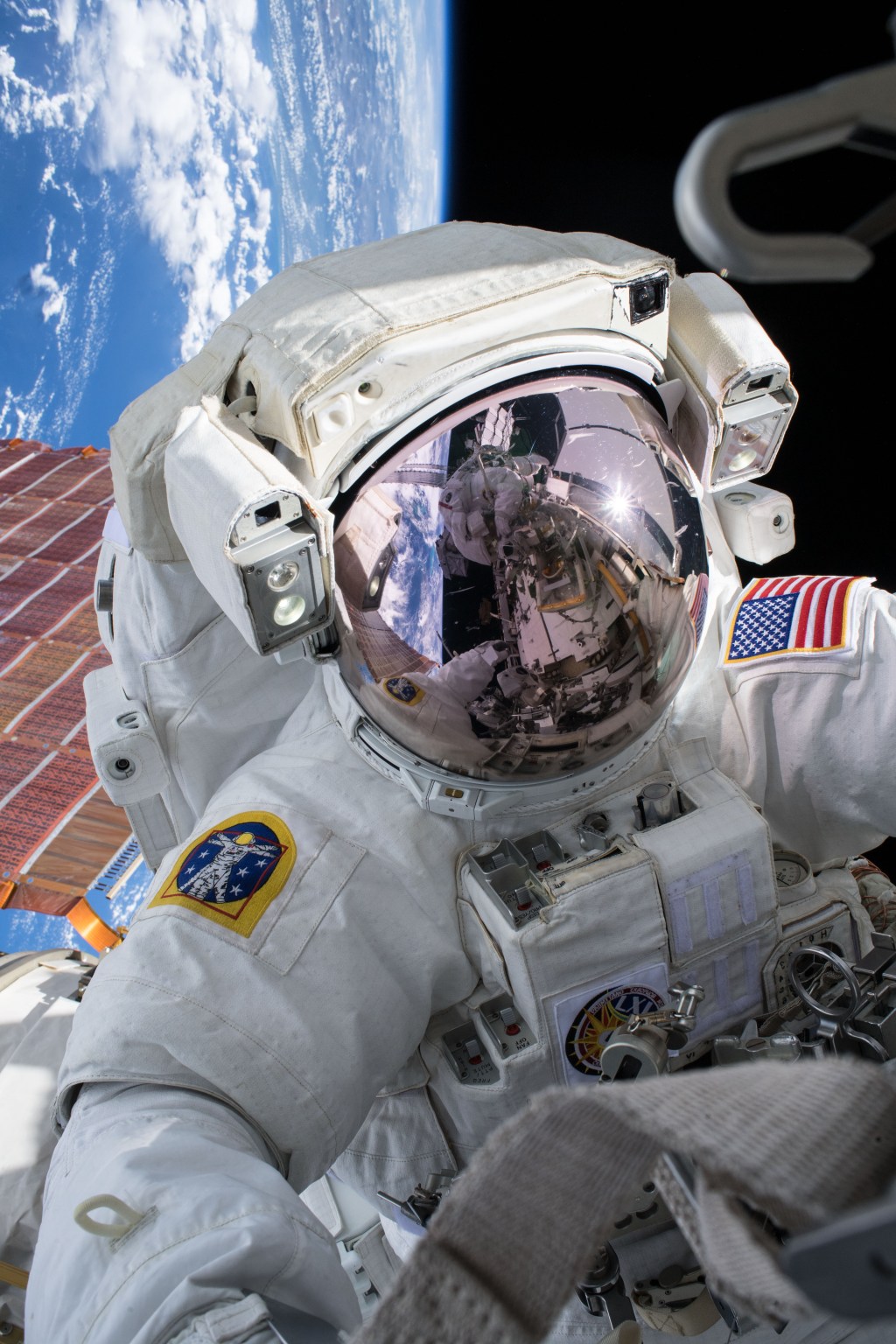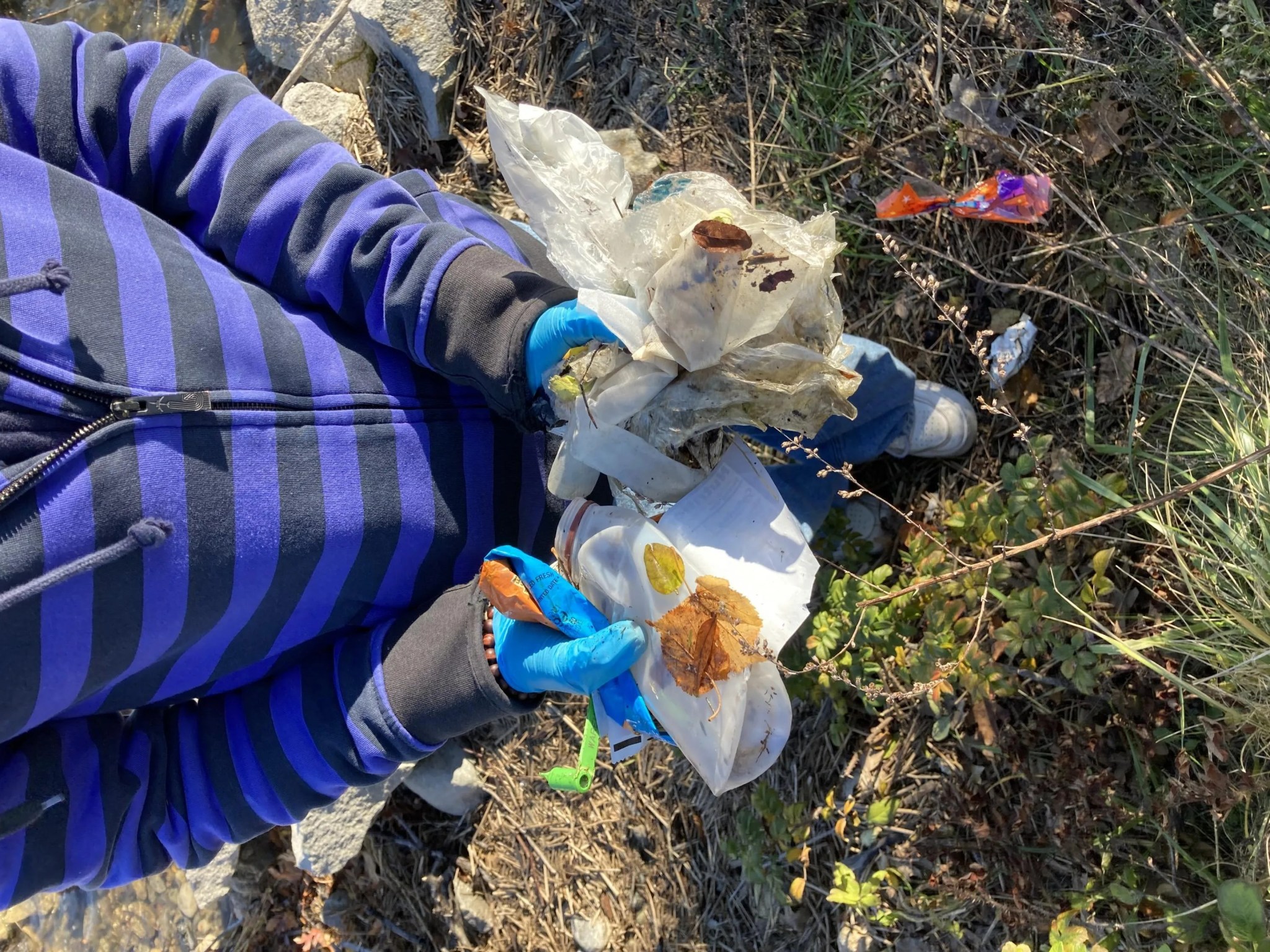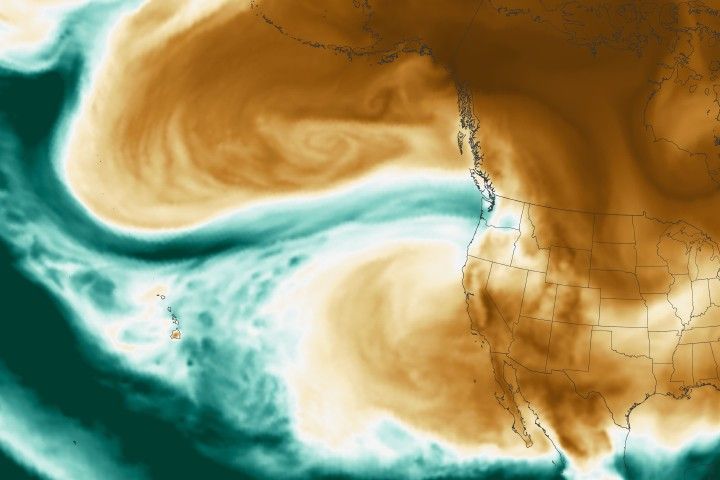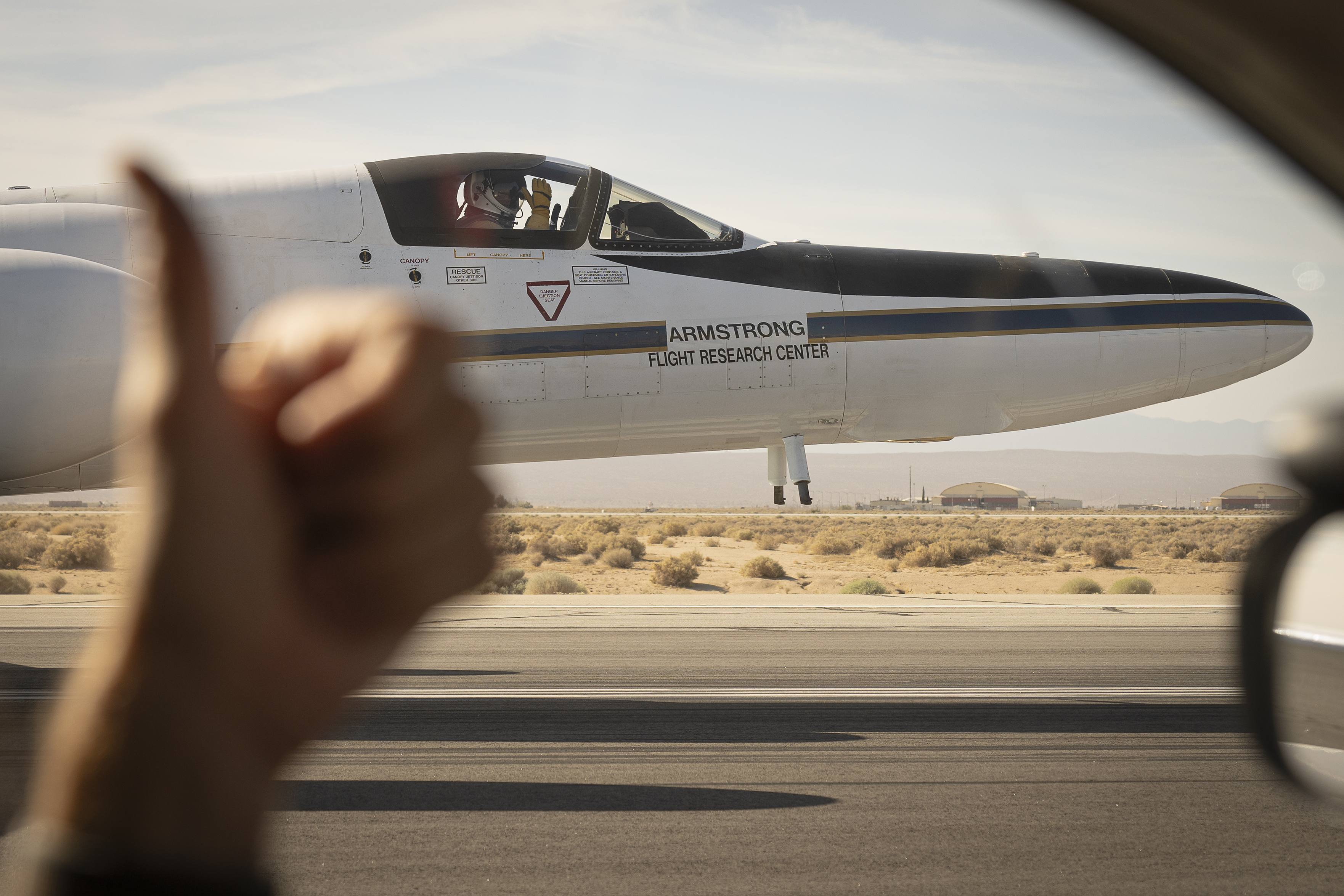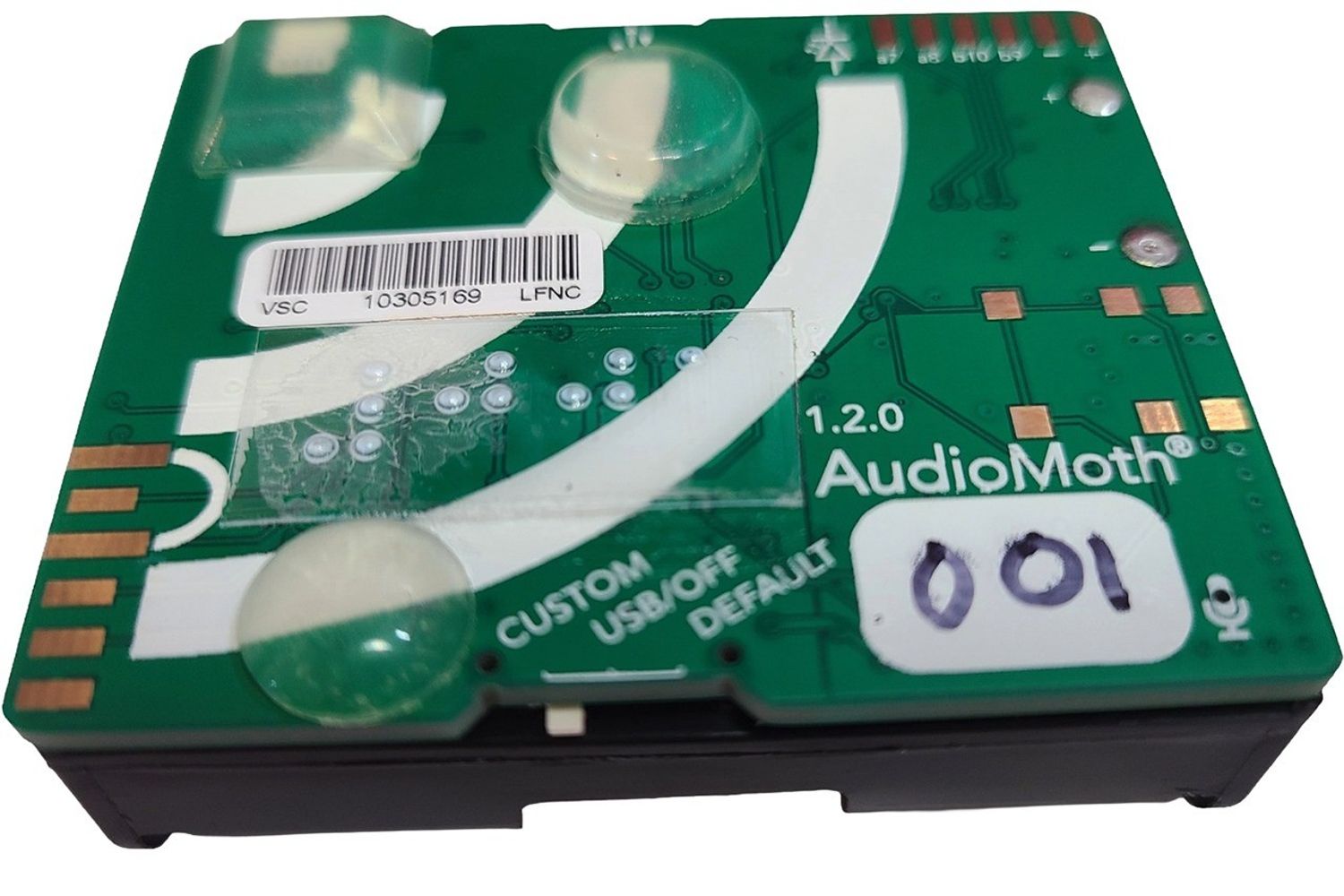Small Dollars -- Big Community Impact
The NASA Science Activation program’s Learning Ecosystems Northeast (LENE) project catalyzes the creation of Connected Learning Ecosystems (CLE) – places where teachers, librarians, and informal educators in local regions come together as peer communities to break down the barriers between in- and out-of-school learning. In March 2022, LENE began offering CLE educators the opportunity to apply for micro-grants to help them engage youth in data-rich explorations of local climate impacts. Educators were invited to propose locally compelling projects that would occur in multiple learning contexts and could be accomplished with less than $5,000 in funding.
The brave first adopters came through with five terrific project proposals. Here are two examples of the projects they proposed:
- Educators in the Mid-coast Maine CLE will engage youth in exploring phenological changes through both data analysis and scientific observation, herbarium specimen documentation, and writing
- Educators in the Western Maine CLE will engage youth in exploring the impacts of climate change on signs of spring through in and out of school vernal pool investigations and wildlife biologist presentations at a local library
All of the projects will leverage NASA assets to inform their investigations and/or provide global context. Over its remaining years of NASA funding, the Learning Ecosystems Northeast project will continue to build on this initial pilot to catalyze locally developed learning experiences that demonstrate the power of engaging youth in STEM across their communities.
"Thank you so much for the support and positivity...I am so motivated to do more and do better next year because he [wildlife biologist who spoke about vernal pools] was fabulous and it felt really good to do something positive and hopeful for my little community."
-Karolyn Boutte, Dirigo Elementary School, Peru ME
The LENE project is supported by NASA under cooperative agreement award number NNX16AB94A and is part of NASA’s Science Activation Portfolio. Please visit https://www.learningecosystemsnortheast.org/ to learn more.


